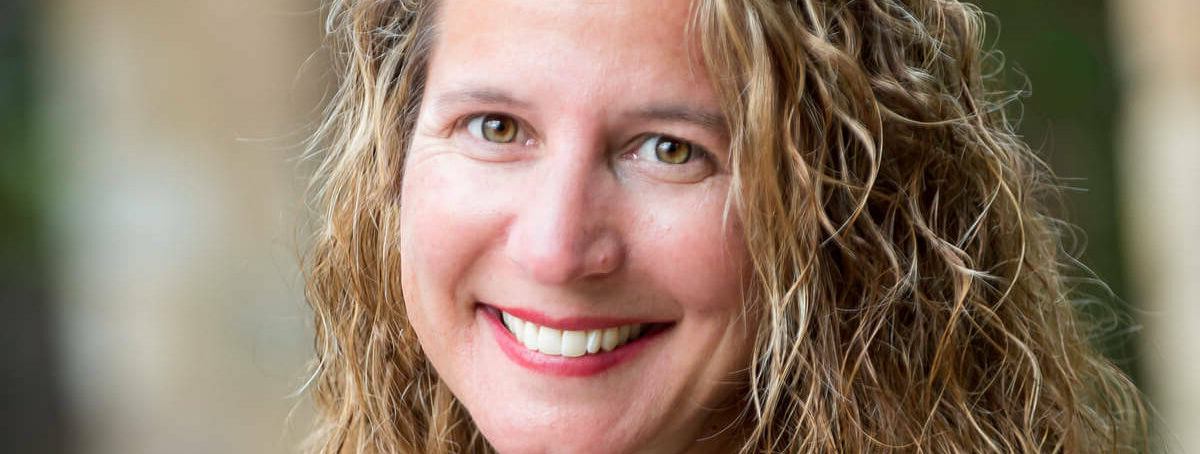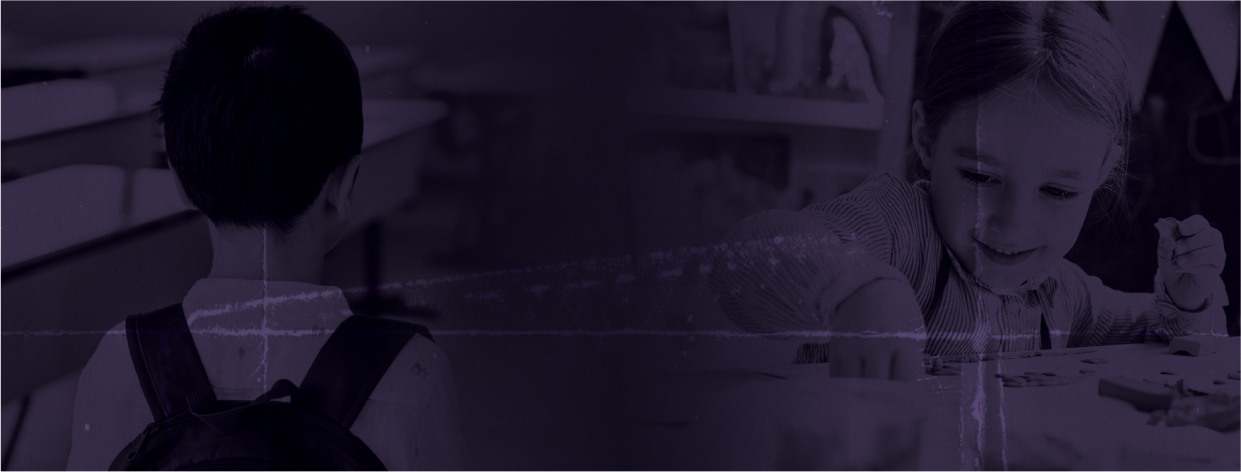As a child, Claudine “Beanie” Geoghegan played school with her grade school friends and loved to babysit. As a teenager, she worked in a daycare and ran a neighborhood summer camp with her sister. It only made sense that she’d one day pursue a career as a teacher.
But when she began teaching, she realized the profession was in trouble and that her teacher training had failed her, her students, and teachers everywhere.
In retrospect, Geoghegan said the first red flags appeared in her Elementary Education and Special Education K-12 degree program at the University of Louisville, where her professors focused on progressive education ideas. This ideology focused on making students infer or discover answers on their own, rather than directly telling students information—a method called explicit instruction.
“We even have this notion of gentle parenting out there now where we don’t want to tell kids that two plus two equals four,” Geoghegan told IW Features.
But when she began her first job teaching in a rural public school in Georgia, she was surrounded by veteran teachers who shared traditional teaching methods with her, and Geoghegan said she started to question what she learned in her teacher training.
Soon, she moved back to Louisville and taught in a private school. There, students had memorization assignments, spelling lists, and multiplication tables. Even though this went against what Geoghegan had been taught, she noticed the students were learning.
This makes sense. In fact, most people learn through instruction from another person—a teacher, a textbook author, or a parent, Geoghegan explained.
“And yet there’s this notion that children who are new to this world can figure these things out on their own,” she said.
Explicit instruction practices—like memorization assignments—are also more rewarding for teachers, according to Geoghegan, because there are clearly measurable student outcomes.
“Wouldn’t it be great if teachers maybe didn’t have to work themselves to death and were very effective and successful in the classroom?” she asked.
When she had children of her own, Geoghegan stepped away from teaching full time but soon returned to the classroom as a volunteer, substitute teacher, and the PTA president.
Toward the end of her time substitute teaching, she saw a new teaching philosophy called “restorative practices” emerge.
These practices came from a 2014 informal letter written by the Obama administration Department of Education encouraging public schools to replace traditional disciplinary measures, including suspensions and expulsions, with “positive interventions.” Despite no formal policy on the matter, the guidance was enforced by federal civil rights investigations into districts that had racial disparities in their discipline numbers. So, facing a possible federal investigation, schools had to comply.
“I was in the math classroom with the regular teacher with some students, and the one student got up—very small little girl, fifth grader—[and] punched the teacher in the stomach,” Geoghegan said. “She was down in the office maybe for 10 minutes. She literally returned with a bag of chips 10 minutes later to the classroom.”
Describing how restorative practices harm students, Geoghegan explained how that student more than likely will go on to graduate high school unprepared for the real world, where assault is not rewarded with chips.
At the same school, according to Geoghegan, there was one classroom of students in particular that advanced through the grades “like a pack of piranhas and stripped all the teachers bare.” She said they would throw stools and curse out the teachers. One day, Geoghegan shared, the group got off the bus during a fight, knocked down the principal, and injured him.
“He went into the office to … pull himself together, and someone said, ‘Well, aren’t you going to write the students up?’” Geoghegan recounted. “And he said, ‘Well, I can’t write them up. I have to save the [disciplinary] referrals in case they hurt a student.’”
Restorative practices only permitted so many requests for disciplinary action per student. As a result, as Geoghegan explained, administrators may not have been able to write up the students if they later injured another student.
Through each of these events, student learning also suffered.
“When a student’s punching a teacher, who can focus on their book?” asked Geoghegan.
Compounding this problem is the structure of the education system, according to Geoghegan. When teachers don’t have the support from administration to discipline students, she said that teachers feel helpless. Teachers unions only add to these structural issues, she added.
“I think the initial idea behind teachers unions was a good and necessary concept,” she told IW Features. “But at some point, teachers unions overstepped and started using their power over children in education to get things that they want. And I think that that’s not fair or right because children are the pawns that they use to get those things.”
“If they really wanted to show that they were there to support teachers, they would be addressing the issue of behavior 24/7,” she continued. “Instead, I saw they’re having a conference this week on social justice.”
And yet, in Geoghegan’s experience, many teachers are afraid to leave their union due to pressure from colleagues or possible professional repercussions.
“There are organizations that will provide representation and support for teachers that need any type of legal support,” Geoghegan said. “And I always encourage my teacher friends to look into that.”
Today, Geoghegan helps connect teachers with a support system if they are considering leaving their union. And as the Manager of Content and Solutions and a Co-Founder of Freedom in Education, she helps educators find the resources they and their students need to succeed.
Though Geoghegan does not expect education degree programs to change their ideologies soon, she does see teachers rediscovering traditional teaching philosophies through professional development opportunities.
“There is a growing community of teachers teaching other teachers about [explicit instruction],” said Geoghegan.
She urged parents, too, to get involved with their schools, and encouraged the public to stay informed about education, both nationally and in their own communities.
“We are supposed to be a self-governing people, and we can’t self-govern if we’re not an educated people,” Geoghegan said. “And I don’t mean schooled—I mean educated.”










